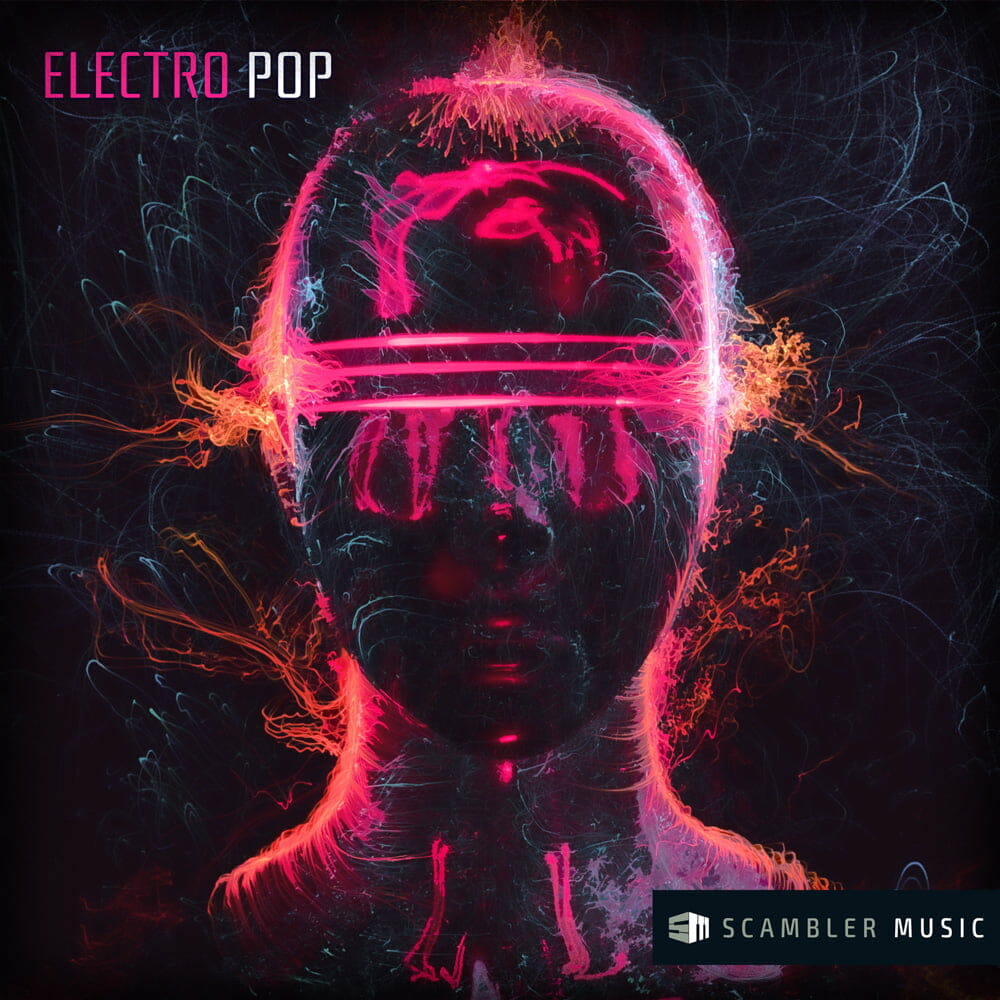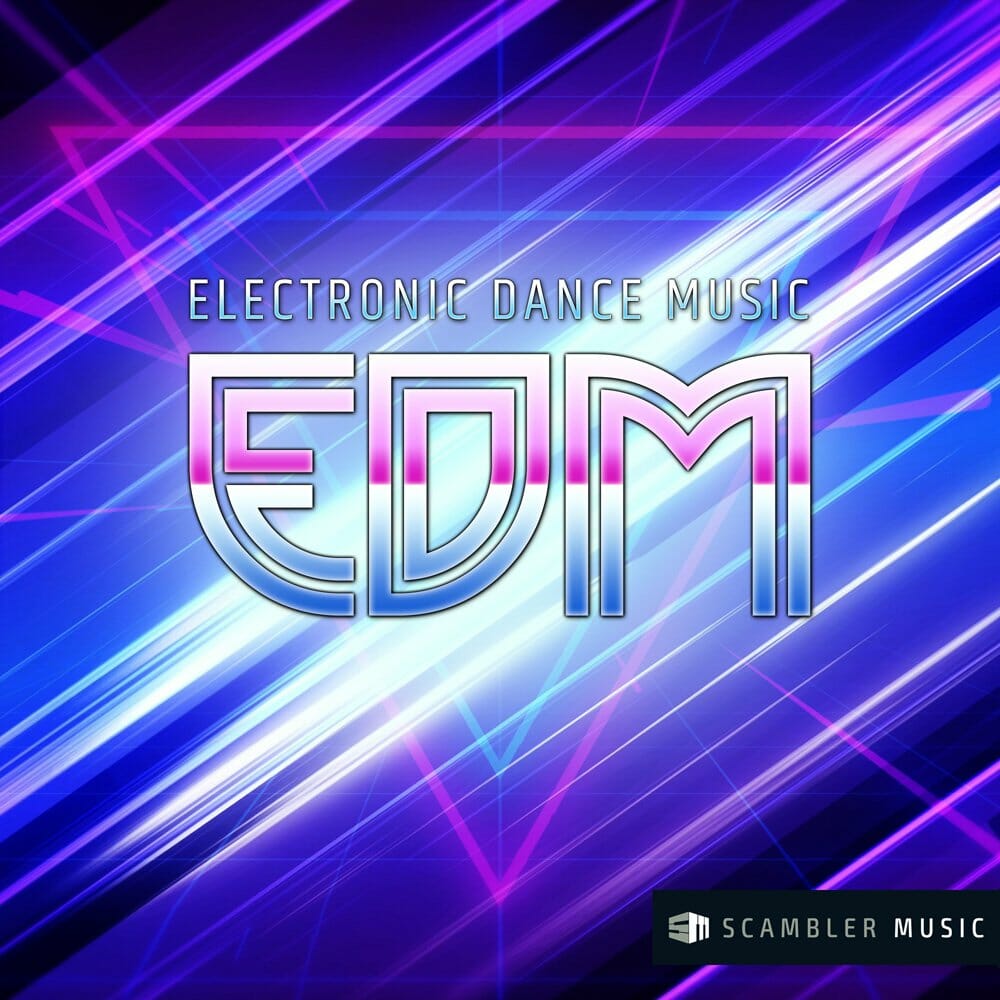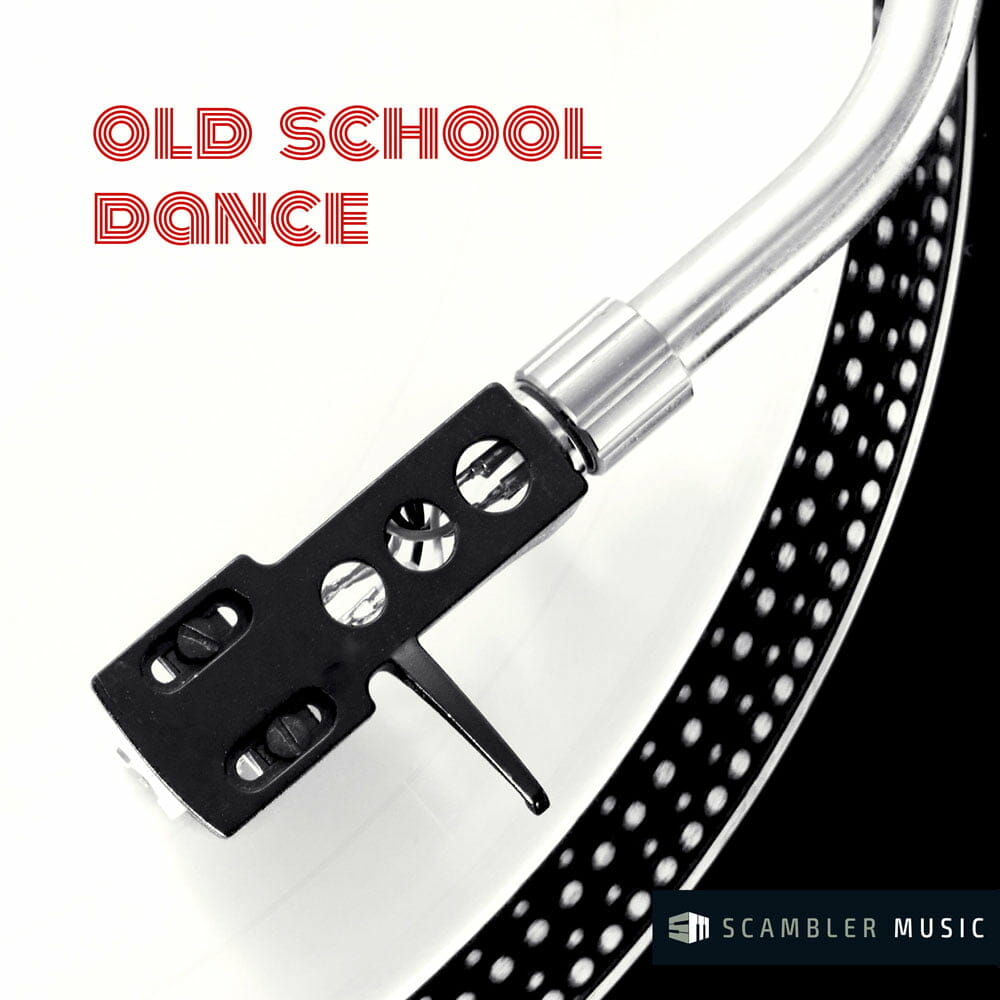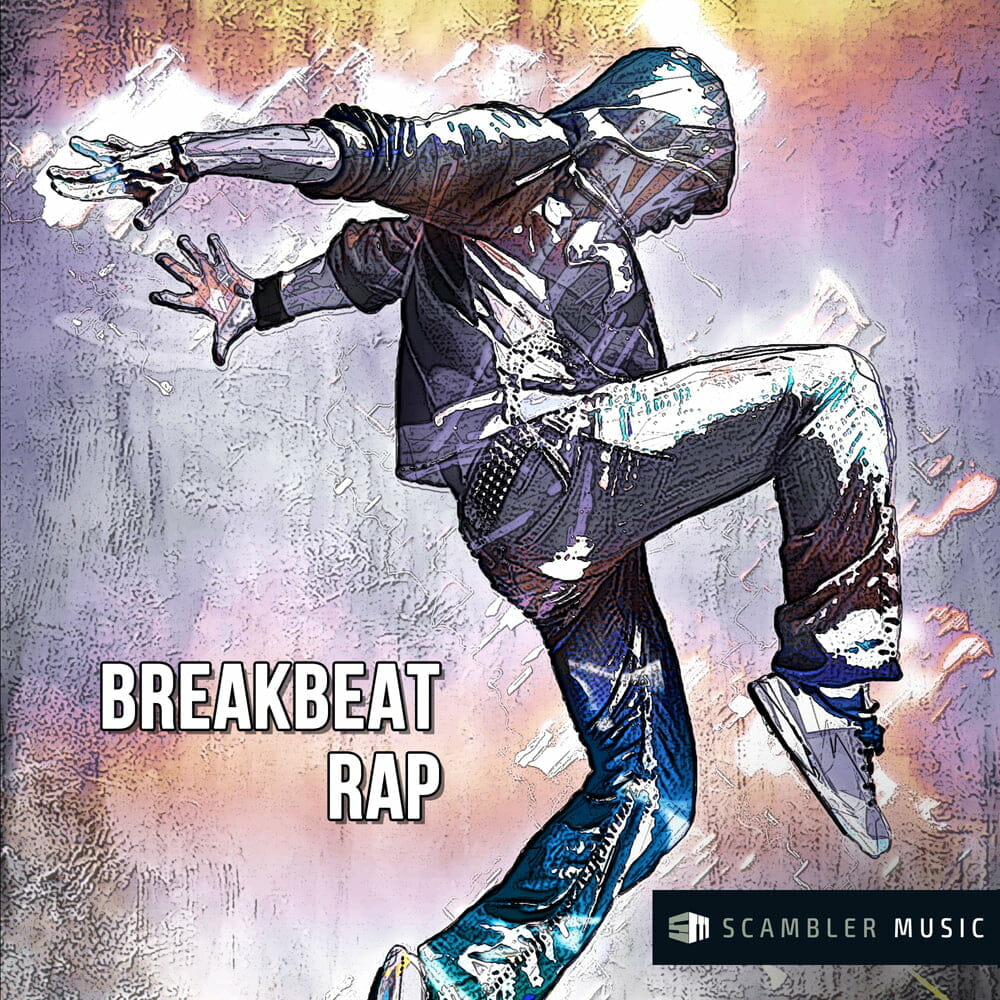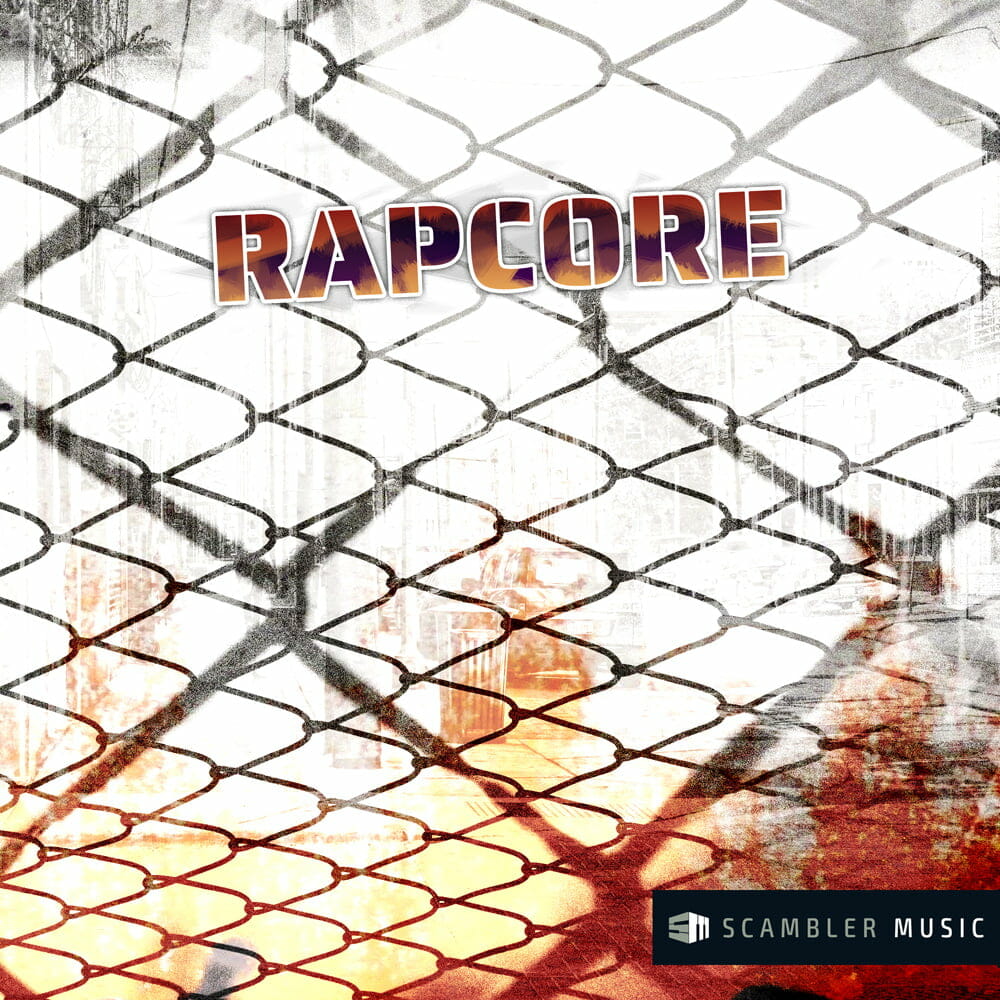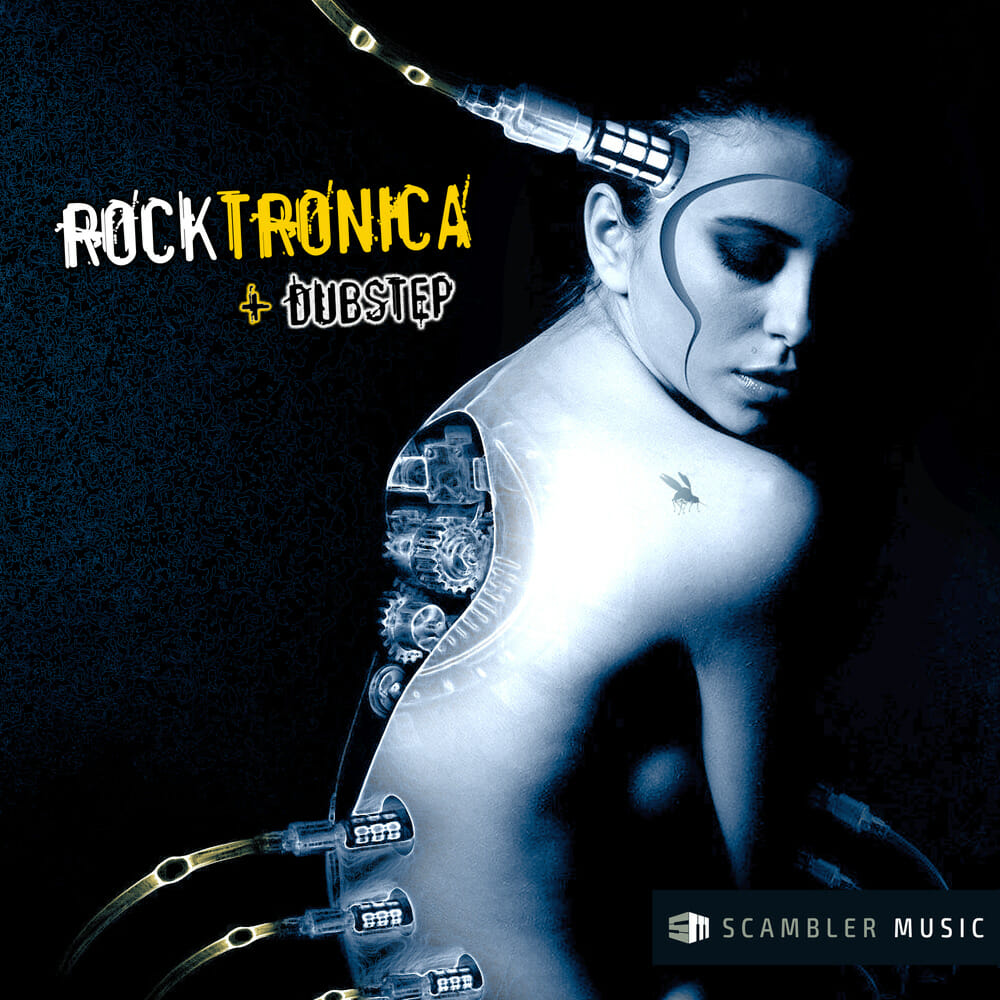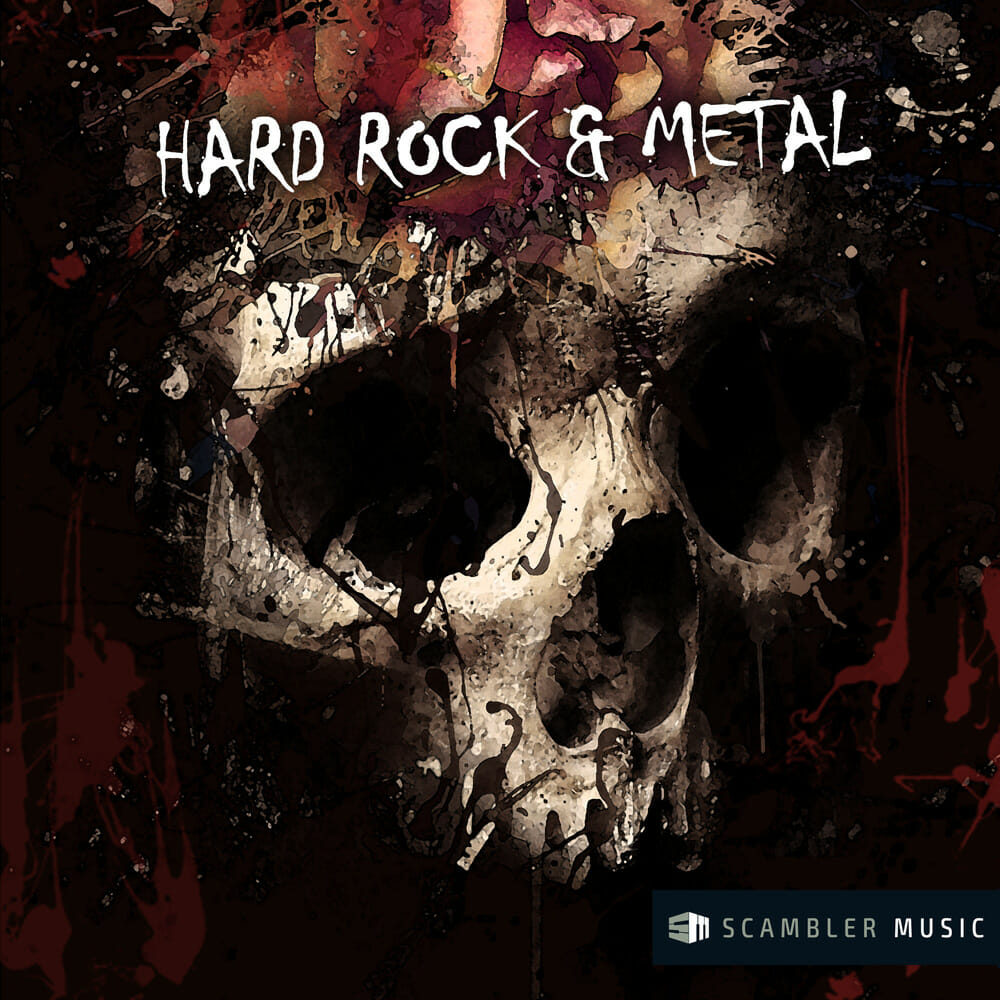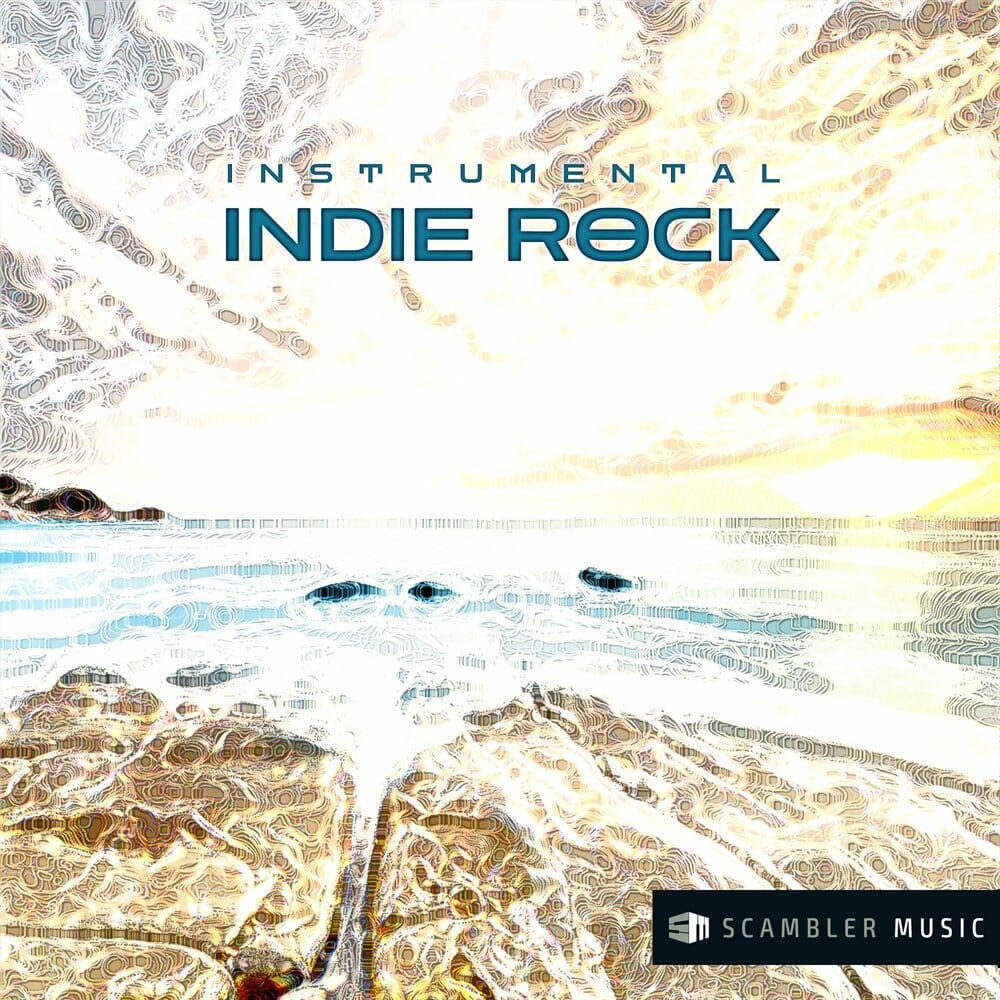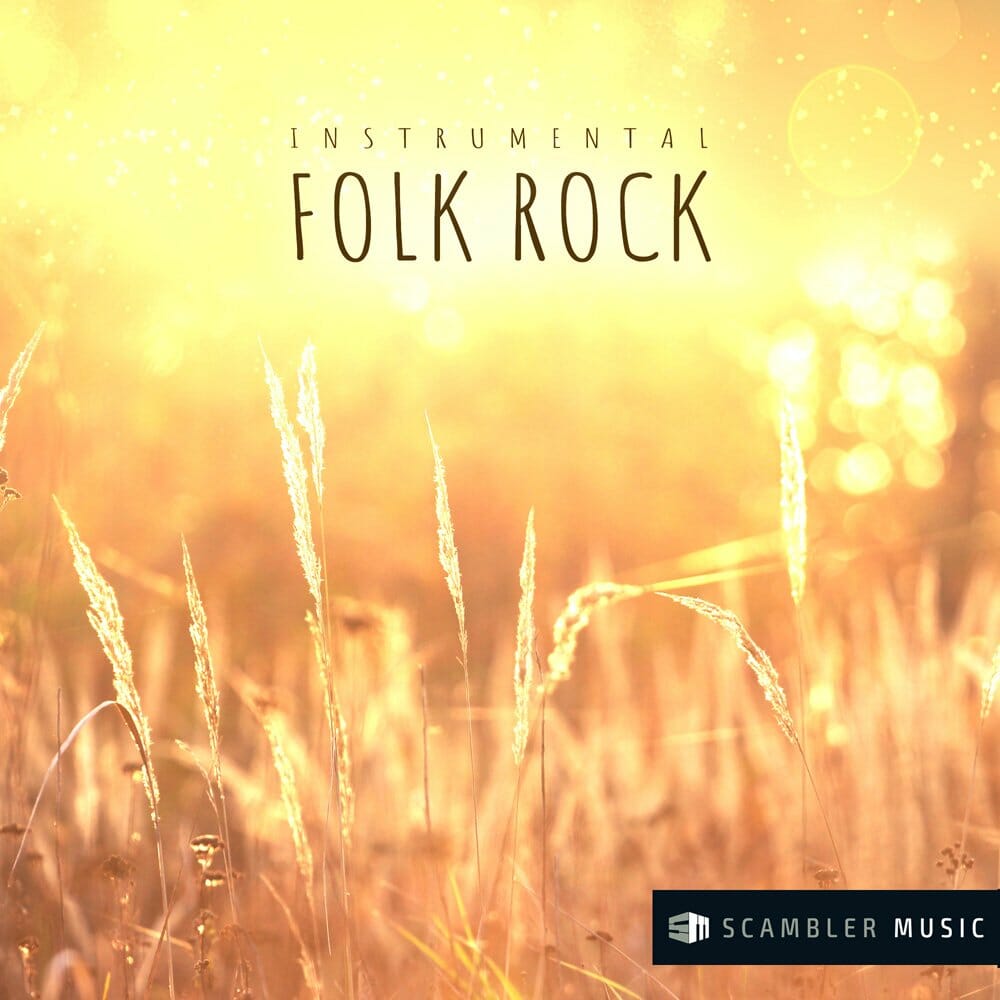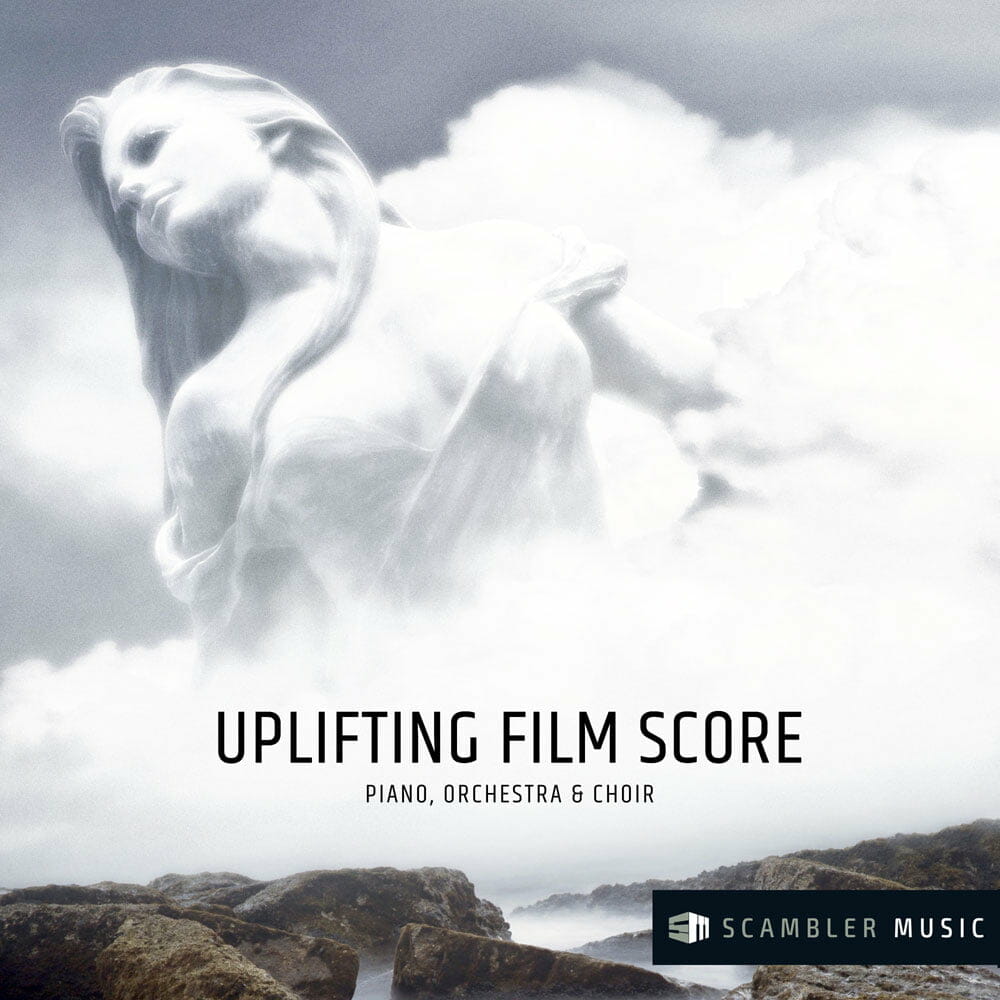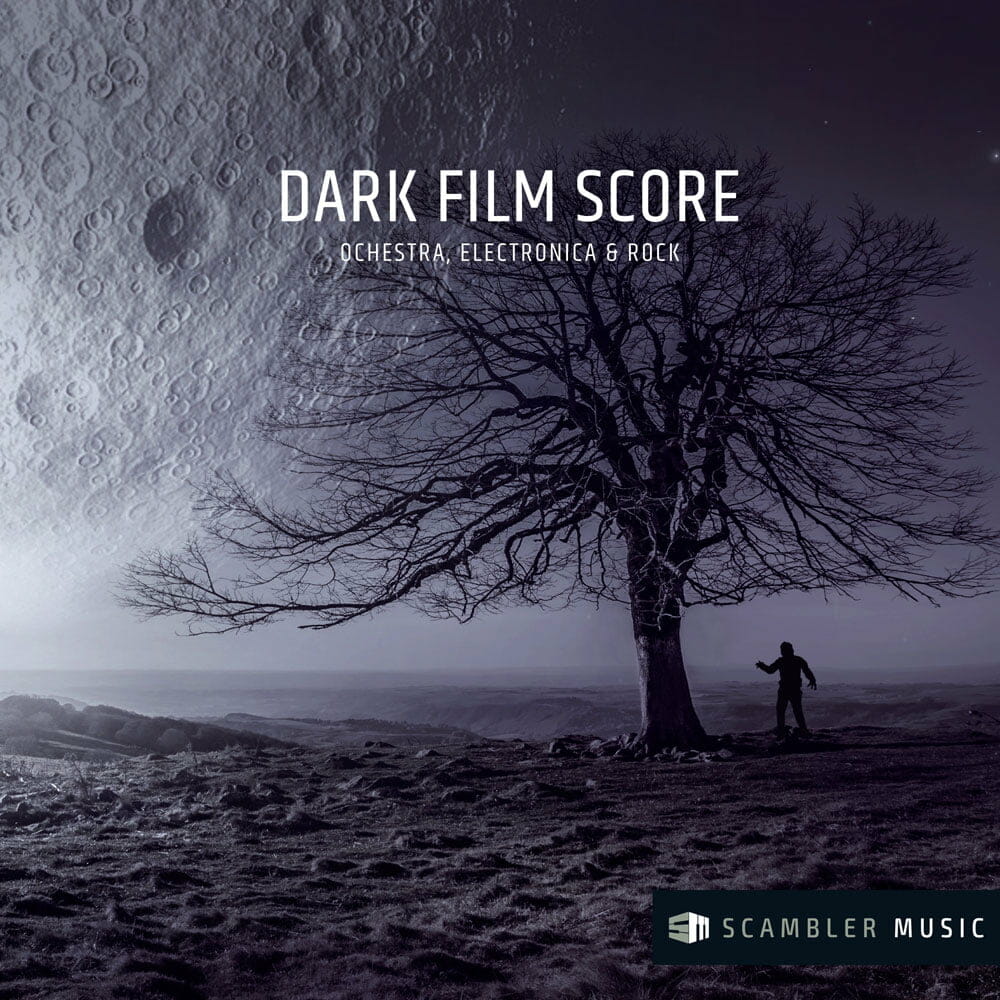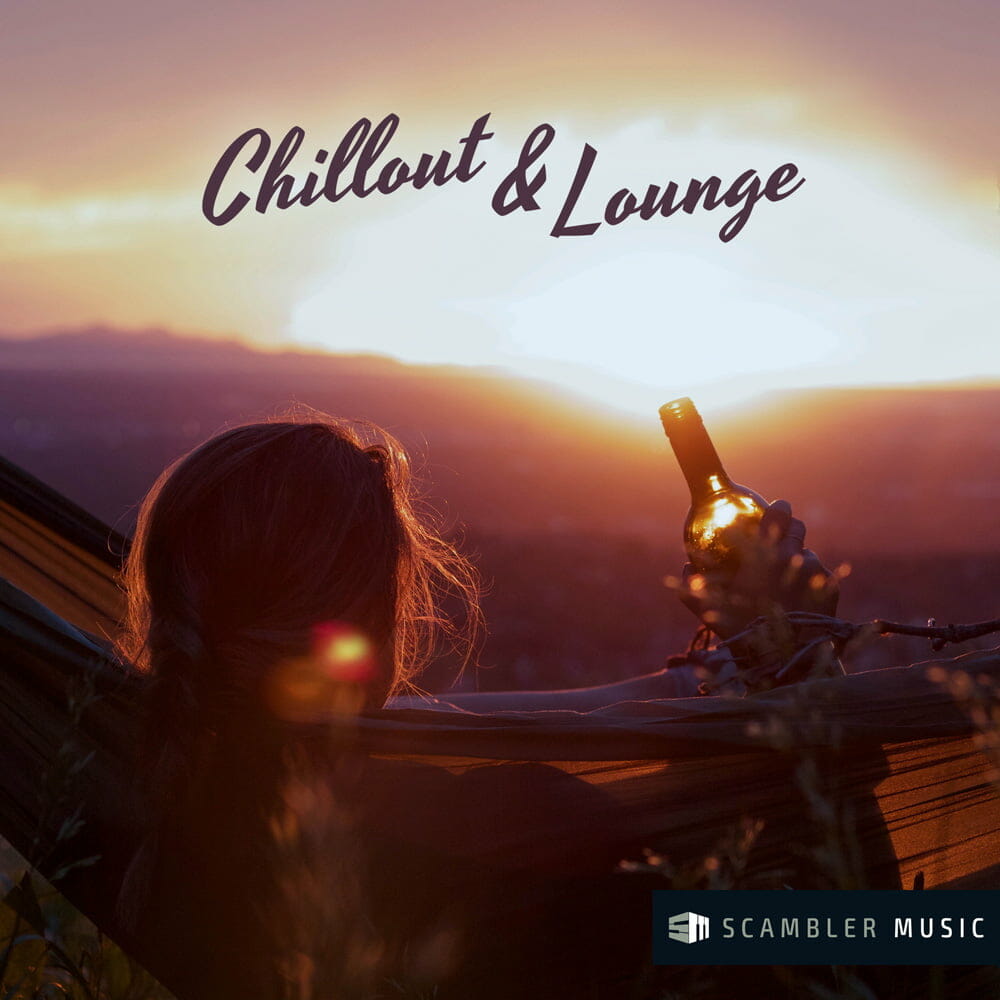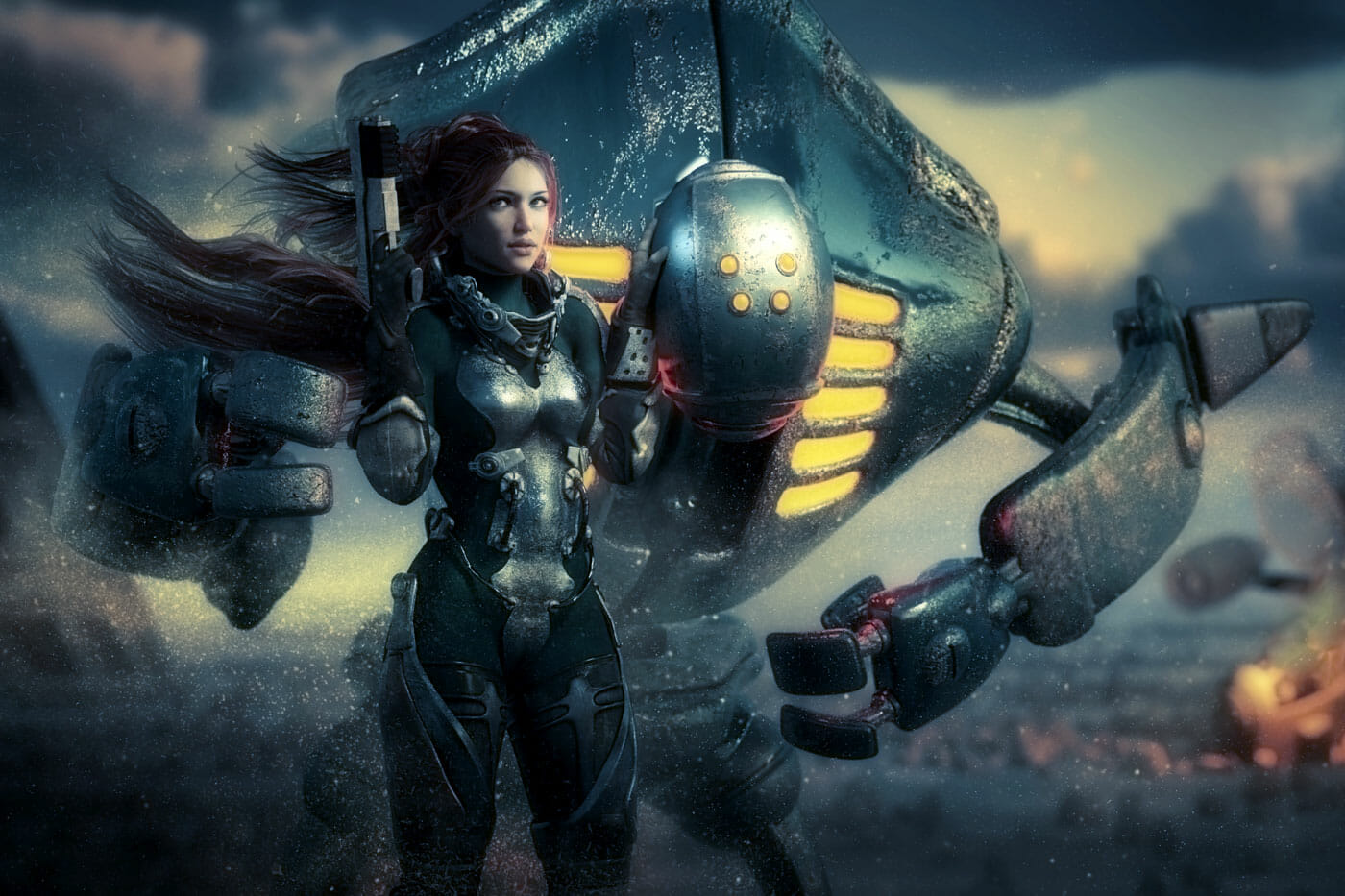Video game music for developers
Original low cost music for games and apps
Once an afterthought of developers, video game music has evolved at astonishing speed into a standalone industry that elevates gaming for players and audiences alike. From humble melodic 8-bit beeping to complex and expansive orchestral scores, game music has begun to garner its own serious respect and following, and Scambler Music offers a diverse range of highly original and professional low cost music for games available to preview, license and immediately download.
Why is video game music so important?
Like in film and television, video game soundtracks help the creators establish the game’s overall atmosphere and set the mood. When the action picks up, the music speeds up alongside it—raising feelings of intensity and excitement as game play peaks. But, unlike film and television, computer game music serves another unique purpose: to engage the player without distracting them.
Video game music composers create instrumentals and soundscapes that players can listen to for hours on end without becoming exhausted, but at the same time, the music needs to be fast-paced, rhythmic, and exciting enough to keep players engaged.
By simultaneously stimulating the senses and blending into the background, video game soundscapes and music have the power to direct players to tasks and help them focus their attention, which is what also makes it such a great playlist addition for those times you need to concentrate on work or hobbies. This is why video game soundtracks—with the exception of games like The Sims—seldom feature human voices.
Classic video game soundtracks (1970s – 1980s)
Video games emerged as a popular form of entertainment in the 1970s, but at this time music was usually stored on physical mediums like cassette tapes and records. Because these components were expensive and prone to breakage, game creators used digital methods for early arcade games. While this allowed music to be played in arcades, it was used sparingly and was usually monophonic and looped.
As the technology evolved and home console systems became more common, the quality of compositions began to improve. In these early days, music had to share channels on home console systems so if, for example, a sound effect took place, the music would have to stop to allow the sound effect to use the channel. Notable mentions of this period include Atari Comes Home (1977), Space Invasion (1978), Pac-Man (1980) and The Legend of Zelda (1987).
A pioneering era in computer game music (1990s – 2000s)
The late 1980s and 1990s saw the launch of the TurboGrafx-16, Super NES, Sega CD, and PlayStation equipped with CD-ROM, while digitised sampling was also becoming more accessible to musicians and video game composers. This gave them the ability to create music independently without knowing programming languages. The increased computing power, combined with composers’ freedom to create video game music, led to almost CD-quality music in video games, with ActRaiser (1991), Star Fox (1993), Final Fantasy (1994) and Resident Evil (1996) all featuring noteworthy music. However, further developments would require a giant leap in computing speed—which would soon arrive in the 2000s.
The video game music renaissance (2000s – today)
In the 2000s, technology developed rapidly to the point where home consoles were able to support Dolby Digital, Dolby TrueHD, and Dolby Pro Logic II. In the 1980s, video games on home consoles could only support four channels, whereas today, they can support over 200 channels. This means that music, sound design, sound effects, and voiceovers can all be layered to create a fully immersive gaming experience.
Video games and consoles have now reached the point where video game composers and developers have very few technical limitations. As a result, they are free to expand their creativity by collaborating with popular musicians or creating orchestral scores without sacrificing the game’s overall speed or the inclusion of sound design, effects, or dialogue.
Today, there are awards tailored to video game soundtracks, including the MTV Video Music Award for Best Video Game Soundtrack, The Game Audio Awards, and the Video Game Music Online Awards. In a fantastic win for video game composers worldwide, the renowned Grammy Awards announced in 2022 that they would begin including a Best Score Soundtrack for Video Games in their awards ceremony.
After a long road bound by technological limitations and pushed forward by creative innovation, this inclusion into the world’s most prestigious music awards proves that video game soundtrack composition has become a highly-respected and celebrated industry in its own right, with Hitman (2000), Grand Theft Auto (2002), Tony Hawk’s Underground (2003) and Red Dead Redemption (2010) all leaving an indelible mark on players.
The significance of selecting the right sountrack
Music in video games is a multi-dimensional field where musicians and composers bring a game’s atmosphere and mood to life in title screens, menus and during game play. But, more than that, they also directly impact how players play your game by alerting them to important information and oncoming danger.
The correct music score or instrumental can make or break a game, but because original video game music composition is prohibitively expensive it can prove very difficult for independent developers to source premium quality yet low cost music for games.
Hopefully that’s where Scambler Music can help – we’ve made it easier than ever to find and license low cost music for games, giving you the opportunity to create a soundscape that supports gameplay, engages your players, and takes them on an unforgettable journey through your thrilling new world.
License low cost music for games
When used commercially music that is incorporated into any video game, app or software suite must be copyright free, pre-cleared for use, or royalty free and licensed from the copyright holder. If you need to add unique, original, high quality music to your game, app or software, then all you need do is browse the video game music library and purchase the required album or tracks along with the relevant license. If you need any assistance or have any questions about legally using music in video games or other software please don’t hesitate to get in touch.
Standard licence usage
A standard royalty free music licence grants the licence holder repeated use of the music within any not-for-profit advert-free projects that do not generate any revenue.
- Non-promotional non-commercial business activities such as DVD/video tutorials, training media or support slideshows.
- Non-commercial educational media, websites or elearning tools.
- Customer service on hold music.
- Background music in a gym, café, or bar.
- Any charitable organisation or activity.
- Non-commercial personal use.
- Not suitable for any commercial use
- Not suitable for Twitch; search "Scambler" on Pretzel to use DMCA safe music on Twitch.
Any doubts, check the FAQs or get in touch.
Illegal usage
Regardless of the type of royalty free music licence purchased it is illegal to:
- Claim licensed music as your own or transfer the license to another party.
- Sell, relicense, transfer, distribute, share or otherwise give away licensed music.
- Register music with YouTube CID/UGC or the Facebook Rights Manager Service.
- Register or stream licensed music on any music streaming platform.
- Sample, remix or otherwise reproduce licensed music.
- Rerelease, redistribute or otherwise republish licensed music.
- Use in Twitch streams; search "Scambler" on Pretzel to use DMCA safe music on Twitch.
Any doubts, check this guide or get in touch.
